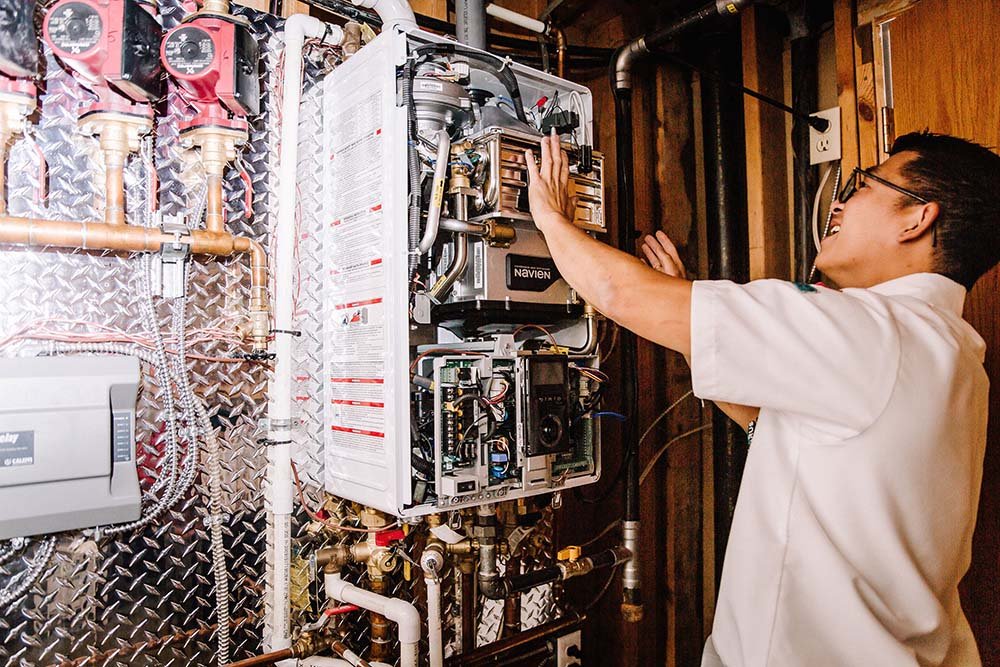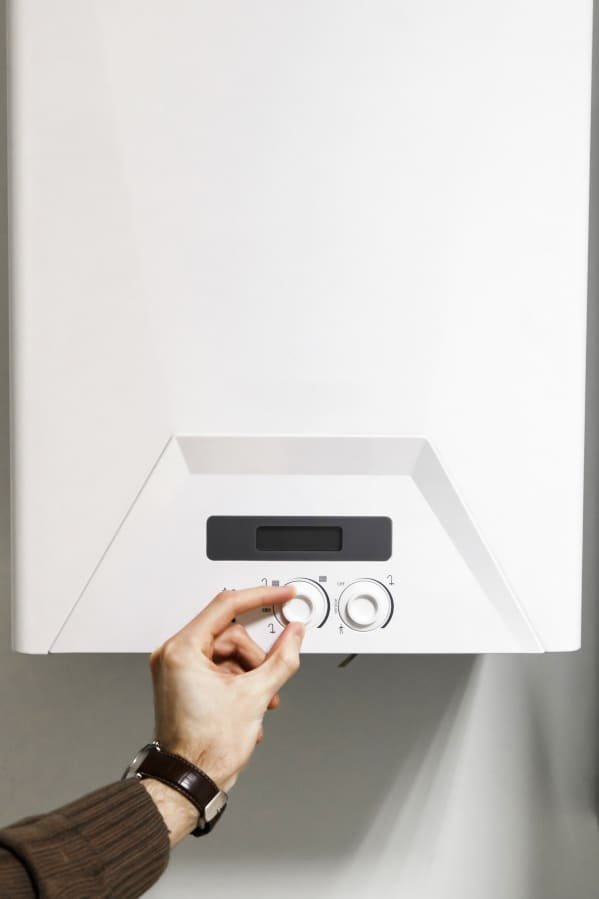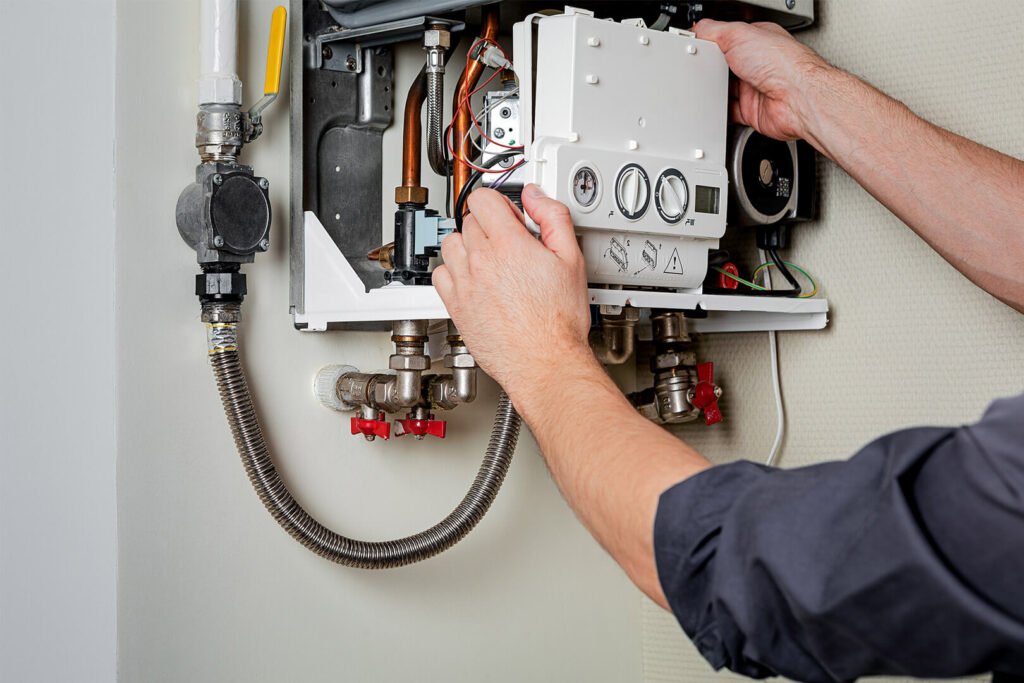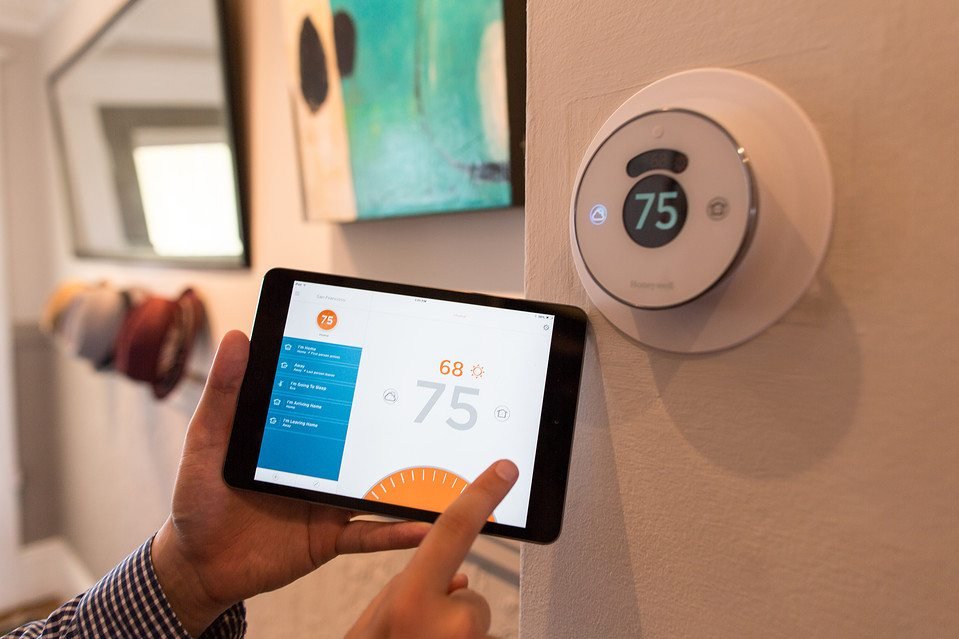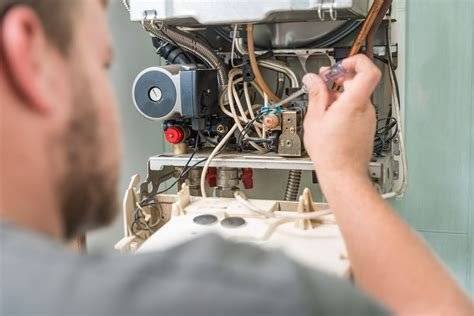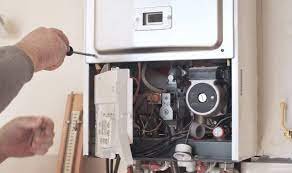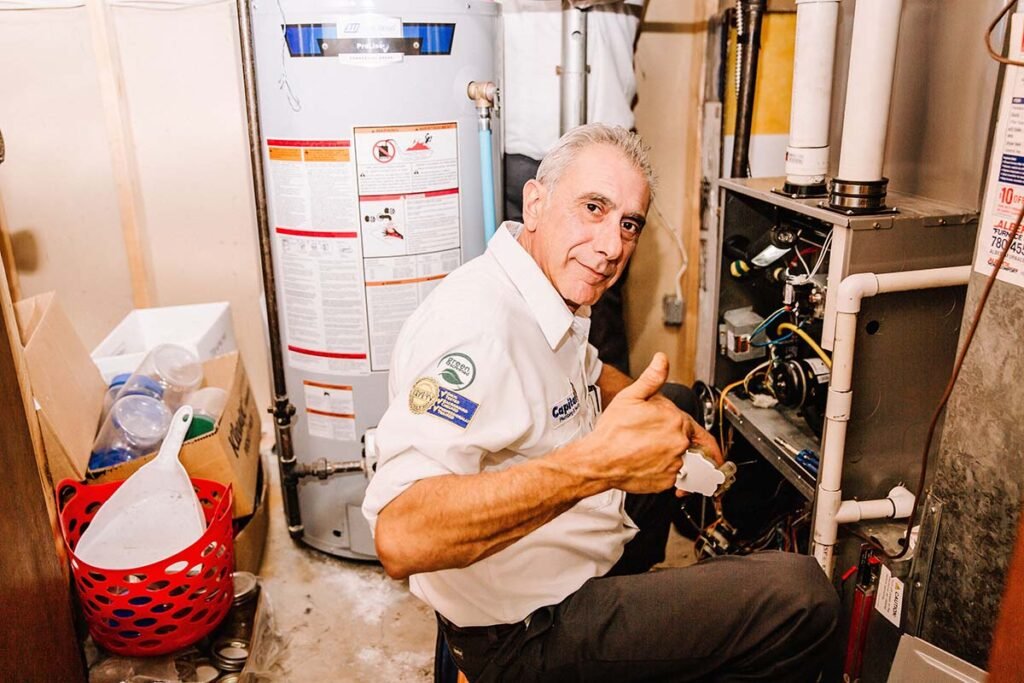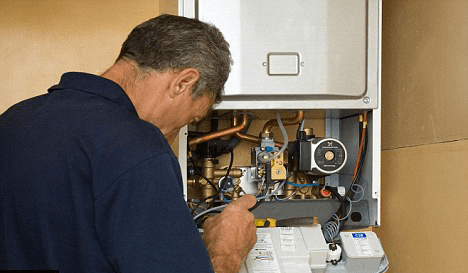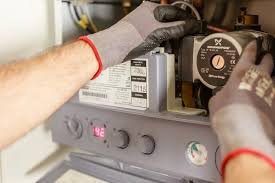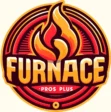Furnace Installation Saint Albert - Your Trusted Heating Experts
Furnace Pros Plus is your reliable partner for all your heating requires. With years of experience, we focus on providing top-notch heating services to keep your home warm and comfortable. Our group of proficient technicians devote themselves to supplying professional heater setup, upkeep, and repair services. We understand the importance of a properly working heater, particularly throughout the cooler months. We focus on performance, affordability, and consumer complete satisfaction in every project (big or little). Whether you need a new heater, a routine check-up, or emergency repairs, rely on Furnace Pros Plus for reputable and effective heating services that guarantee comfort and comfort.
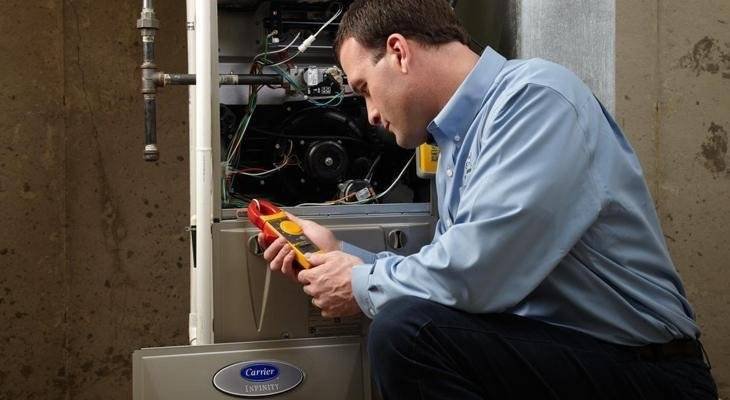
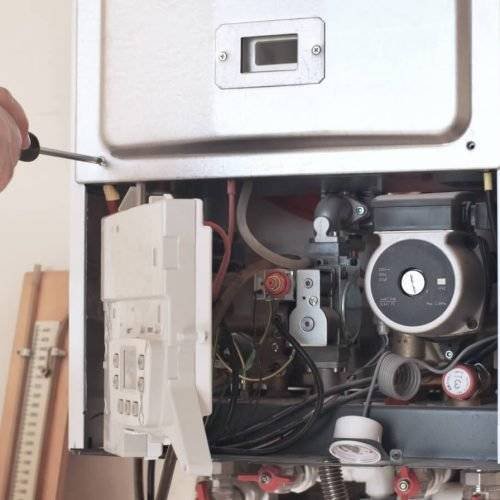
Who Are We?
Domestic Furnace Installations & Repairs
Furnace Pros Plus stands out as the top heater installation and repair business in Saint Albert, Alberta, thanks to its unequaled devotion to quality, customer service, and competence. With years of experience in the heating and cooling industry, Furnace Pros Plus has built a reputation for providing reliable and effective services tailored to the unique environment and requirements of Saint Albert citizens.
The company’s commitment to excellence begins with its group of certified experts. Each professional is not only highly skilled and knowledgeable about the most recent heater technology but also committed to continuous training and advancement. This makes sure that every setup or repair is performed with the utmost precision and current strategies, ensuring exceptional efficiency and longevity of your heater.
Furnace Pros Plus understands the importance of a well-functioning heater, particularly throughout the harsh Saint Albert winter seasons. That’s why they provide a rapid response to guarantee that any heater emergency is dealt with quickly and successfully, minimizing discomfort and potential risks. Their 24/7 accessibility is a testimony to their devotion to consumer complete satisfaction and safety.
Moreover, Furnace Pros Plus makes use of only the highest quality items and materials in all their installations and repairs. By partnering with leading producers, they guarantee that every part of your furnace unit is durable and effective, supplying optimal heating and decreasing energy expenses. This commitment to quality, extends the life of the heater, supplying more worth for the financial investment.
In addition to their technical competence, Furnace Pros Plus masters customer service. They focus on clear interaction, supplying comprehensive assessments and transparent rates without concealed charges. Their personalized method indicates that every service is tailored to the particular requirements and spending plan of their clients, guaranteeing that you feel valued and satisfied with every interaction.
For these factors and more, Furnace Pros Plus is the top choice for anybody needing heater setup and repair services in Saint Albert, demonstrating an unbeatable mix of quality, competence, and customer-focused service.
How can we help you?
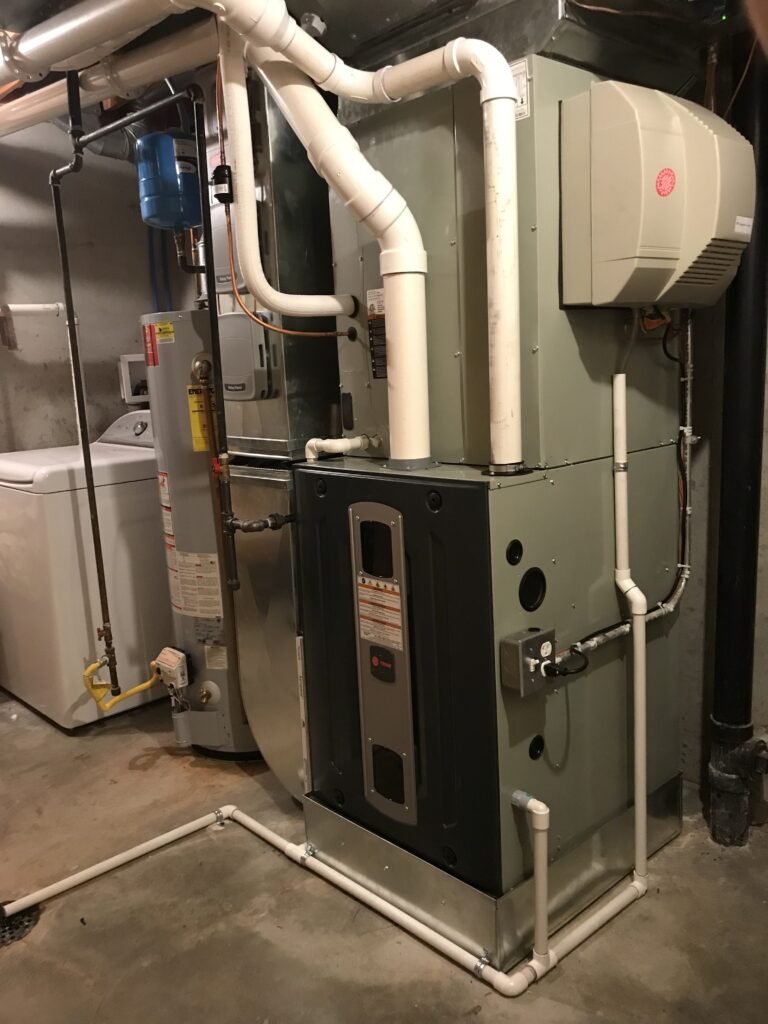
Comprehending the Cost of Installing a Modern Furnace
Intro
An operating heater is essential when it comes to preserving a comfortable and warm home throughout the cooler months. Nevertheless, there comes a time when installing a new heater is unavoidable.
Comprehending the expenses involved in this procedure is essential for property owners to strategy and spending plan accordingly. This thorough guide checks out the numerous elements influencing the cost of installing a new heater.
Factors Affecting Heater Installation Expenses
Kind of Heater:
- Gas Heaters: Popular for their performance, they generally cost more in advance but provide lower operating expense.
- Electric Furnaces: They are cheaper than gas furnaces. Nevertheless, electrical models tend to have greater functional expenses due to electrical power rates.
- Oil Heating systems: These are less common and can be more expensive due to the cost of oil.
Heater Size and Capacity
- Square Footage: The size of your home directly impacts the capability required for the heater.
- BTU Rating: Higher BTU ratings correspond to more powerful furnaces, which can increase the cost.
Effectiveness Scores
Yearly Fuel Utilization Effectiveness (AFUE):
Higher AFUE ratings suggest better performance but also included a greater price.
Brand and Quality
Top-tier brand names typically command greater rates due to their track record for quality and longevity.
Installation Intricacy
- Existing System: Upgrading from an old system might require additional work and cost.
- Ductwork: The condition and design of existing ductwork can affect setup complexity.
- Ease of access: Difficult access to the setup website can increase labour expenses.
Labour Expenses
Labour expenses vary by area. In addition, the complexity of the setup can influence labour expenses.
Additional Expenses to Think About
- Permits: Some regions require licenses for heater setup.
- Inspections: City laws might require post-installation inspections for safety compliance.
- Thermostats: Upgrading to a clever thermostat can sustain additional expenses.
Average Cost of Heater Installation
While rates can vary extensively based on the elements discussed above, here are some typical cost varieties for heater setup:
- Gas Heating systems: $2,000 to $5,000.
- Electric Furnaces: $1,000 to $2,500.
- Oil Heating systems: $2,500 to $6,000.
These are rough quotes and can vary based on particular home requirements.
Cost-Saving Tips.
Research study and Compare.
Get several quotes from various professionals to guarantee competitive rates.
Look For Rebates and Incentives.
Try to find energy performance rebates offered by utility business or government programs.
Think About Long-Term Savings.
Buying a more effective heater can lower energy expenses in time.
Conclusion
Setting up a new heater is a significant financial investment, and understanding the expenses involved is essential for any homeowner. By thinking about the type of heater, setup complexity, labour expenses, and additional expenditures, property owners can better get ready for this essential upgrade. Remember to look for several quotes, explore readily available rebates, and consider long-lasting energy savings when deciding.
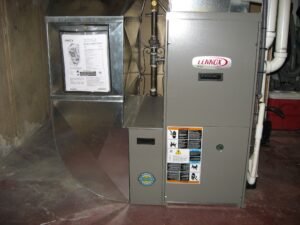
The Right Dimension Heater for Your Home: A Comprehensive Guide
Intro
Picking the right size heater for your home is essential for guaranteeing effective heating and comfort throughout the cooler months. A furnace that’s too little won’t keep your home warm, while one that’s too big can trigger unnecessary energy consumption and irregular heating. This guide will help you figure out the ideal heater size for your home.
Comprehending Heater Sizing: BTU and Effectiveness
We determine the size of a heater in British Thermal Units (BTU). One BTU is the energy required to raise the temperature of one pound of water by one degree Fahrenheit. When choosing a heater, two crucial elements contribute: the BTU ranking, indicating the heater’s heating capability, and its performance ranking, determined in Yearly Fuel Utilization Effectiveness (AFUE).
Calculating Your Home’s Heating Needs
You need to compute your home’s heating requires to figure out the proper heater size. The estimation considers elements like square video footage, environment zone, insulation quality, window type, and home design. Normally, you need roughly 30-60 BTUs per square foot. Nevertheless, this varies based on your home’s particular attributes.
Climate Zone and Its Impact on Heater Size
Your geographic location substantially affects the heater size required. Homes in cooler areas, such as Saint Albert, require more BTUs per square foot than those in milder environments. Seek advice from a heating expert for particular suggestions.
The Function of Home Insulation in Heater Sizing
Great insulation reduces the amount of heat loss, meaning you can select a smaller heater. Evaluate your home’s insulation in the walls, attic, and windows. Upgrading insulation can be an economical method to reduce heating requirements.
Considerations for Different Types of Heaters
There are numerous kinds of furnaces, like gas, electrical, and oil. Each type has unique sizing considerations. Gas furnaces prevail and effective, electrical furnaces are more uncomplicated and much safer but typically more expensive to run, and professionals set up oil furnaces where gas isn’t readily available.
Significance of Expert Heating And Cooling Evaluation
A professional a/c evaluation is important. Service technicians consider all variables, including ductwork and home design, to suggest the optimal heater size. They can perform a Manual J estimation, the industry standard for determining heating and cooling loads.
Energy Effectiveness and Cost-Effectiveness
Picking a heater with a high AFUE ranking is essential for energy performance and cost savings. Modern furnaces have AFUE ratings in between 80% and 98%, indicating the portion of fuel converted into heating. While high-efficiency furnaces are more expensive in advance, they can result in significant savings in the long run.
Resolving Typical Misconceptions About Heater Sizing
A common misunderstanding is that a bigger heater is constantly better. Nevertheless, a large heater can result in short biking, where the heater regularly switches on and off, decreasing performance and lifespan. On the other hand, a small heater has a hard time to warm your home adequately.
Long-Term Advantages of the Right-Sized Heater
Choosing the right-sized heater has long-lasting benefits, including consistent comfort, lower energy expenses, decreased carbon footprint, and less upkeep concerns. It’s a balance in between in advance expenses and long-lasting savings.
Summary: Making an Informed Choice
Picking the right size heater is a choice that impacts your home’s comfort and energy performance for many years to come. By understanding the basics of heater sizing and looking for expert guidance, you can make an informed choice that makes sure optimal heating for your home.
Remember, the key to an efficient and comfortable home lies in choosing the right heater and routine upkeep and thinking about other elements like insulation and environment. With this thorough guide, you are fully equipped to choose the ideal heater for your home, supplying heat and comfort for numerous winter seasons.

Replace or Repair Heater: A Global Guide
Intro
Deciding whether to replace or fix your heater is a significant choice for any homeowner. The choice impacts your instant comfort and safety and has long-lasting monetary implications. This thorough guide will explore numerous elements to consider, helping you make a notified choice.
Comprehending Your Heater
Life-span and Types
Heating systems generally have a lifespan of 15-20 years. The two main types are gas and electrical, each with various upkeep and functional expenses.
Signs of Problems
Typical signs that your heater might need attention consist of uncommon noises, irregular heating, and increased energy expenses.
When to Think About Repairing Your Heater
Repair is typically the best choice for minor concerns or furnaces that are reasonably new and still under guarantee.
Cost-Effectiveness
Repairing can be more affordable for minor concerns. Nevertheless, frequent repairs may indicate a much deeper issue.
Ecological Effect
Repair work typically have a lower ecological impact than replacing the entire unit.
When Replacement is the Very Best Alternative
You should consider replacement if your heater is near completion of its lifespan, repairs are becoming significantly expensive, or if it could be more energy effective.
Long-lasting Cost Savings
While the initial cost is greater, a new heater can be more energy-efficient, conserving you cash on energy expenses.
Technological Improvements
More recent models feature sophisticated innovation, such as smart thermostats, which provide better temperature level control and performance.
Weighing Your Choices
Cost Analysis
Compare the cost of repairs in time versus the one-time expense of a new heater.
Energy Effectiveness
Evaluate how your current heater’s performance is affecting your energy expenses.
Home Value
Think about how a new heater may increase the worth of your home, particularly if you plan to offer in the future.
Professional Guidance
Seeking Professional Opinion
Speak with heating and cooling experts to examine the state of your current heater and get quotes for repair and replacement.
Significance of Routine Maintenance
Routine upkeep can extend the life of your heater, whether you decide to fix or replace it.
Summary
In conclusion, deciding to fix or replace your heater depends upon numerous elements, including age, condition, cost, and energy performance. By thinking about these elements and looking for expert recommendations, you can make a decision that makes sure comfort, safety, and monetary prudence for your home.
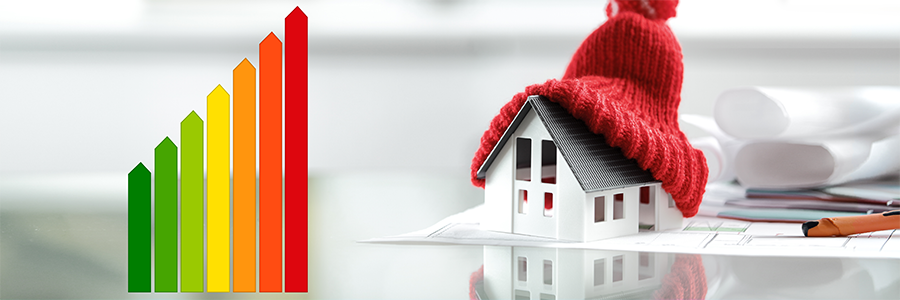
What Season is the Most Inexpensive to Replace The Heater?
Will a New Heater Lower Your House Insurance?
Intro
Home upkeep can be a significant financial investment, particularly when it includes essential systems like heating. Among the most considerable expenses property owners deal with is replacing their heater. Nevertheless, timing this replacement can result in significant savings. This short article checks out the best time of year to replace your heater, thinking about cost-effectiveness and usefulness.
Comprehending Heater Replacements
The Need for Replacement
Before delving into timing, it’s vital to understand why and when you should replace your heater. Typical signs consist of frequent repairs, heating inefficiency, and the unit’s age (generally beyond 15-20 years). Replacing an out-of-date or malfunctioning heater improves heating performance and makes sure safety and comfort throughout cooler months.
Factors Affecting Heater Costs
Numerous elements affect heater rates, including the type of heater, brand, capability, and the complexity of setup. Seasonal need is another significant element, typically overlooked, yet it plays an essential role in determining the cost.
Best Time for Replacement: Off-Season
Why Select Off-Season?
The off-season, mostly spring and early fall, is generally the most inexpensive to replace a heater. The need for heating systems is lower throughout these periods than throughout the peak winter months. Lower need typically results in more competitive rates from producers and installers.
Benefits of Off-Season Replacement
- Lower Expenses: Minimized need can result in discounts and more consumer working out power.
- Availability of Technicians: a/c technicians are less busy throughout these times, guaranteeing more versatile scheduling and quicker setup.
- Adequate Time for Research study: The off-season gives property owners sufficient time to research various heater models and alternatives without the pressure of instant requirement.
Planning Ahead
Utilizing the off-season requires preparation. Expect the requirement for replacement and schedule it when the need is low. This foresight saves cash and avoids the hassle of a heater breaking down in the middle of winter season.
Winter season: The Peak Season
Obstacles of Winter Season Replacement
- Higher Costs: The need for heater setup and repair peaks throughout winter season, resulting in greater rates.
- Hectic Schedules: Finding a technician might be more challenging, and you may need to wait longer for a visit.
- Emergency situation Replacements: If your heater breaks down in winter season, you may need to select an instant replacement, which leaves little room for cost contrast or negotiation.
Other Factors to consider
Energy Effectiveness and Rebates
Buying energy-efficient models might be more expensive in advance but can result in long-lasting savings. Likewise, look out for rebates and tax credits offered for energy-efficient home improvements.
Significance of Routine Maintenance
Routine upkeep can lengthen the life of your heater, delaying the requirement for replacement. It’s an essential aspect of home care that you should focus on.
Summary
Timing your heater replacement can result in significant savings. The off-season, particularly spring and early fall, is generally the most affordable period for this financial investment. Planning, thinking about energy performance, and preserving your current heater can enhance expenditures and guarantee a warm, comfortable home.
Intro
Homeowners typically contemplate whether upgrading their home devices and systems can result in savings on their home insurance premiums. One common question is whether installing a new heater reduces home insurance expenses. This short article looks into how a new heater setup may impact your home insurance, using insights into insurance policies, danger management, and potential savings.
Comprehending House Insurance Premiums
Before diving into the specifics of furnaces and insurance, it’s essential to understand what elements influence home insurance premiums. Insurance provider examine numerous elements, including:
- Property Age and Condition: Insurance coverage Agents view more recent homes with updated systems as lower risks.
- Area: Geographic location and regional environment can substantially affect insurance rates.
- Security Functions: The presence of alarms, smoke detectors, and other safety devices can lower premiums.
The Effect of a New Heater on House Insurance
Setting up a new heater in your house can have several implications for your home insurance:
- Minimized Risk of Fire and Gas Leakages: Modern furnaces with sophisticated safety features minimize risks like fire or gas leakages. This danger reduction can be favourable in the eyes of insurance companies.
- Improved Energy Effectiveness: Newer furnaces are typically more energy-efficient, resulting in lower utility expenses and a decreased ecological footprint, indirectly affecting insurance considerations.
- Enhanced Home Value: Upgrading to a new heater can increase your home’s market price, which may affect the coverage you need.
Potential Insurance Discounts
Some insurance companies provide discounts for home improvements that reduce danger. These may consist of:
- Protective Device Discounts: You may get approved for a discount rate if your new heater contains sophisticated safety features.
- Green House Discounts: Some insurance companies supply unique discounts for installing energy-efficient home appliances.
Documentation and Appraisal
To utilize a new heater setup for insurance benefits, consider the following:
- Professional Installation: Make sure a certified expert installs your heater, which can be a prerequisite for insurance benefits.
- Keep Records: Preserve all invoices and paperwork for the heater purchase and setup.
- Inform Your Insurance Company: Notify your insurer about the upgrade. They might require an inspection or additional paperwork.
Factors to consider Before Upgrading
While a new heater can provide benefits, consider the following:
- Cost vs. Benefit Analysis: Examine if the long-lasting savings on insurance and energy expenses validate the initial cost of a new heater.
- Insurance Policy Review: Talk with your insurance agent to understand how a new heater may particularly impact your policy.
Summary
Upgrading to a new heater can lower your home insurance premiums by decreasing danger and boosting your home’s safety and performance. Nevertheless, the impact varies based on specific insurance policies and the particular features of the heater. It’s suggested to consult with your insurance service provider to understand the complete benefits and implications of a new heater setup.
Frequently asked questions
Q: How much can I save money on my home insurance by installing a new heater?
A: Savings vary based on the insurance service provider and the particular features of the new heater. Speak with your insurance agent for comprehensive details.
Q: Are there any particular kinds of furnaces that are more favourable for insurance discounts?
A: Heating systems with sophisticated safety features, high energy performance ratings, and those that fulfill particular ecological standards are typically more favourable.
How to Get ready for a Heating System Installation
Setting up a new heater in your house is a significant financial investment and an essential upgrade to your living space. It boosts the comfort of your home and improves energy performance. Proper setup preparation is essential to guarantee the setup procedure is smooth and stress-free. This short article will guide you through the essential steps to get ready for a heater setup.
Comprehending Your Heating Needs
Assessing Your Area: The initial step is to examine the size of your area and understand the heating requirements. A too-large or too-small heater for your home can result in inefficiency and greater energy expenses. Consulting with a heating expert to figure out the right heater size is vital.
Picking the Right Heater: There are numerous furnaces, including gas, electrical, and oil. Each has advantages and disadvantages; the choice depends upon your location, spending plan, and personal preference. Research study and consult with experts to make a notified choice.
Pre-Installation Preparation
Choosing a Qualified Installer: We can not overemphasize the importance of selecting a certified and experienced installer. Try to find experts with good reviews and appropriate certification. They will guarantee a proper setup and guide you through the procedure.
Clearing the Area: Make sure the location where you plan to set up the heater is clear of any mess. A clean location supplies easy access to the setup group and accelerate the procedure. Get rid of any important or vulnerable products from the vicinity to prevent unintentional damage.
Getting ready for Downtime: Depending upon the complexity of the setup, your heater might be down for a couple of hours to a day. Plan accordingly, particularly if the setup is throughout cooler months.
Throughout Installation
Access to Your Home: Make sure the installers have easy access to your home, which includes guaranteeing that parking is readily available and a clear path to the heater location.
Interaction: Stay readily available to address any questions the installers may have. Clear interaction can help deal with any concerns quickly and ensure your setup goes as prepared.
Post-Installation Checks
Check the Installation: Once the setup is complete, check the deal with the installer. Make sure that the setup is complete which the location is tidy.
Comprehending the System: Have the installer describe the performance of the new heater, including how to change filters and the basic troubleshooting steps.
Guarantee and Documentation: Guarantee you get all essential paperwork, including guarantee details and running handbooks. Keep these documents in a safe place for future referral.
Conclusion
Getting ready for a heater setup includes understanding your heating requires, choosing the right heater, and selecting a certified installer. By following these steps, you can guarantee a problem-free setup procedure and take pleasure in the comfort and performance of your new heater for many years to come. Remember, a little preparation goes a long way in guaranteeing a smooth and effective heater setup.
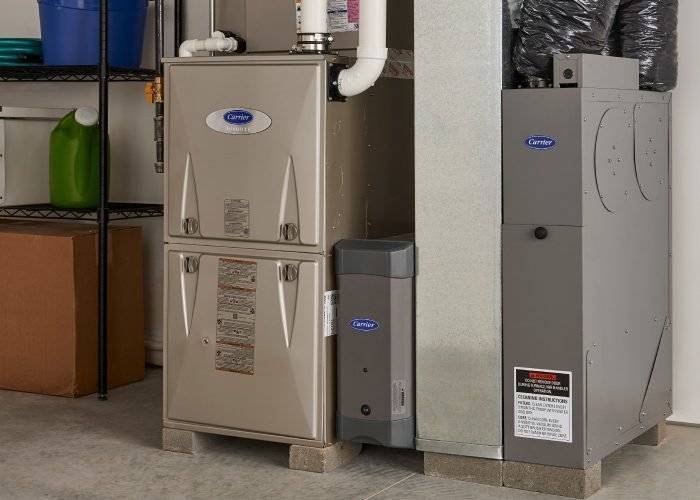
Our Work
